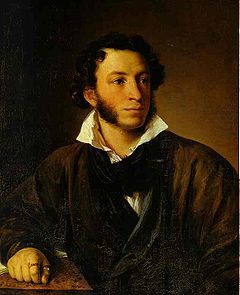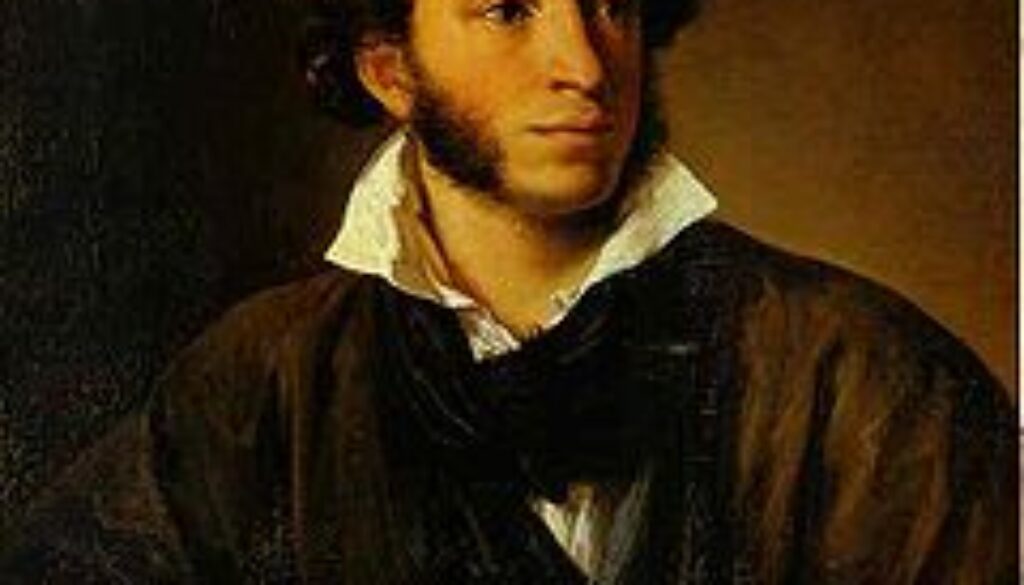Russia’s Most Beloved Poet

Ever since William Faulkner took a year off from his job at the post office to read the Russians, Russian literature has acquired the unwarranted reputation of something American writers have to slog through before they can really write.
That’s not too far off the mark. American writers ought to read Russian literature even if it takes a bit of effort. But that tiny bit of effort, I would argue, yields hours and hours of enjoyable reading.
And you don’t have to take a year off. Just read the short stories of Pushkin and Gogol and Dostoevsky and Tolstoy. Enormous fun.
In many ways the Russians have shown the world how it’s done. But who showed thousands of Russian authors how it’s done? Who is universally acknowledged as the father of Russian literature? Alexander Pushkin.
Not only that, but Russia’s greatest composers have rendered his works in countless operas, ballets, cantatas and songs.
Yet I recently picked up some volumes of Pushkin, translated by Oxford dons [English scholars] of the twentieth century. In these volumes I found nothing, absolutely nothing, that would explain why Pushkin became Russia’s most beloved poet.
But I’m not one of these guys that complains about the weather without doing anything about it. I wheedled and cajoled my celebrity daughter into rendering Pushkin into modern American English, and her translation of ‘The Gypsies’ will soon be available in your city or town.
I hope this will inspire other scholars to translate more of his works into understandable American English.
I figured it would be something to talk about when she goes on Letterman. People always think models are brainless, and her having translated a work of Russia’s most beloved poet might kind of contravene that.
My thinking was that Americans and Russians could join in admiration of this great poet, who transcended nationality and earned a place alongside Homer and Shakespeare, as someone who showed us all how it is done.
